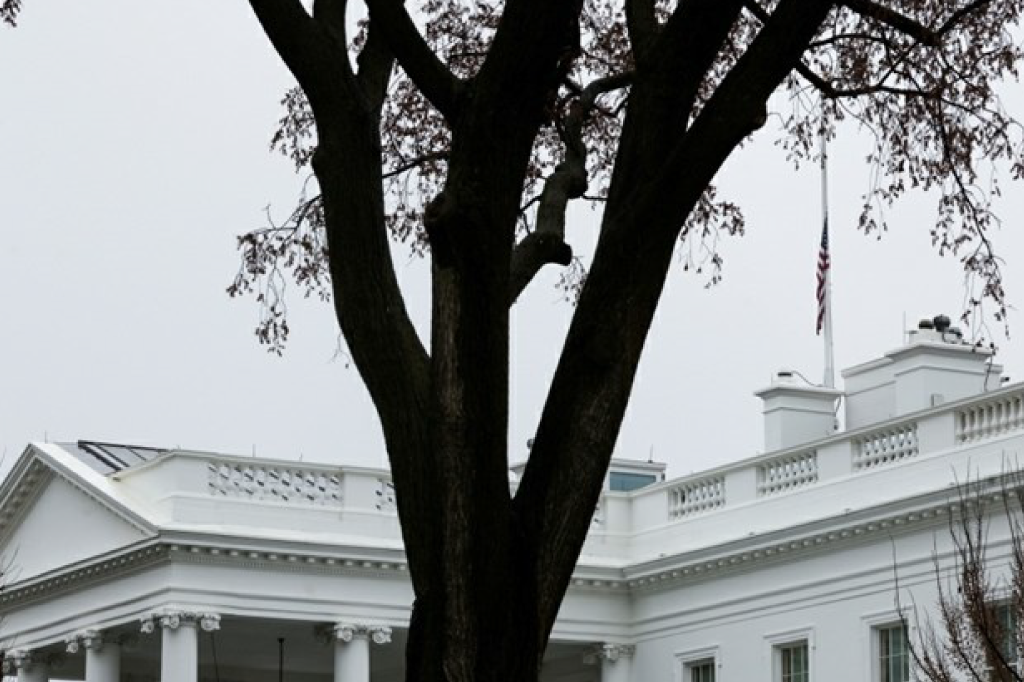The United States Of America: ‘Building Back Better’
The White House released the “Interim Strategic Directive for the National Security Strategy” as a written guidance, which provides the US administration’s preliminary guidance for national security institutions in order to react quickly to foreign and local threats. The document, issued 45 days after US President Joe Biden assumed power, covers the fundamental elements of a proto-policy, which will be developed into a full strategy to be released early June.
The Biden White House’s 7,000-word National Security Plan, released on March 3, is primarily a “stopgap” measure intended to convince the public that thoughtful experts and researchers are back in action, ready to contribute to evidence-based policies which portrays an image different than the existing one, grounded on quick responses through social media venues. The text is written using several development vocabularies that one might anticipate from qualified experts and professionals of statecraft. It echoes indirectly the importance of developing a consistent, formal and structured reasoning about statecraft performance.
Sustainable development concepts such as “building back better,” “locally led” development, “integrated recovery planning,” “enhancing diversity and inclusion” among others like “emphasizing integrity, accountability and transparency” are underlined in the strategy.
The paper provides short-term commitment to tackling the main challenges the American people are facing today: the COVID pandemic, social inequality, domestic violent extremism and terrorism, and challenges to democracy, while providing assurance of hope toward a broader strategic outlook in the future.
It acknowledges as well the broad spectrum of challenges including climate change, cyber security risks, global economic crises, humanitarian emergencies, and WMD proliferation. Above all, the paper recognizes the threat of, China, Russia, Iran and North Korea first, and the violent extremism second; followed by other challenges.
The document embraces a comprehensive description of “security” that goes beyond “defense.” It emphasizes economic, cyber, environmental and health security, including food and water security. It suggests rethinking interagency processes to reflect the new realities.
In addition, it demonstrates an optimal direction toward international engagement, solidarity, cooperation and collaboration highlighting greater support to multilateralism and abandoning national privileges for a wider common good.
The document states that the “United States will again embrace international cooperation toward a better, safer, more resilient and more prosperous world.” Thus, it recognizes the integral link between national and international fronts, presenting an argument on how impactful events occurring abroad could affect national well-being. In that sense, the document underlines the importance of institutionalizing the US contribution to global organizations as the UN, WHO, WTO, NATO and global treaties as Paris Climate Change Agreement and the Iran Nuclear Agreement.
The interim strategic directive reiterates the importance of an integrated and inclusive “whole-of-government” approach including all concerned stakeholders at the “federal-local levels, public-private and national-international.” On the other hand, it stresses that the implementation of such an approach requires systemic and structural changes on different levels, recognizing the deep relationship among strategic thinking, planning and implementation.
The guidance paper highlights the use of military action only as a last resort and favors diplomacy, growth, and economic reforms as primary tools of influence, emphasizing that “result-oriented diplomacy, development” and modernizing decision-making processes are to be given priority in the national security budget.

Overall, the “Interim National Security Strategic Guidance” issued by the Biden administration sets expectations towards a more “articulation of strategic direction.” Protecting the welfare of the American people, expanding economic growth and opportunity, and understanding and preserving the democratic ideals are the three national goals listed in the interim statement.
Outlining the US foreign policy for the next four years, the document focuses on diplomacy, prosperity, human rights, multilateralism, building partnerships and security alliances. It responds to multinational safety threats including pandemics, climate change, violent extremism and terrorism, and nuclear proliferation.
The strategic guidance identifies deteriorating democratic norms, evolving world power distribution, and challenges of rapid technological developments as major threats. Most notably, it emphasizes democratic principles as a driving force in US international affairs, and the extent to which this deterioration of democratic norms across the globe holds national security dangers.
Corruption, injustice, inequality, discrimination, marginalization, polarization, populism, and defying the rule of law and human rights have posed challenges to democratic countries that need to be addressed.
While emphasizing the importance of democratic values, the document emphasizes that democracy would have to commence at home. It states that “Building back better requires us to commit ourselves to revitalizing our own democracy” and also requires “an updated social contract.” The security direct pledges to host a “Summit of Democracies.” On the other hand, it reaffirms that the US would assume a leading position in fostering shared standards and forging new deals on digital technology.
Strategies are conceptual guidance for the future, and the interim declaration is an inkling of that. It is packed with “wills” and “musts” reflecting local and global realities. While the document does not show the “how’s,” using verbs to indicate willingness to improve, recommit, strengthen, renew and show, it avoids the use of words as “ends, ways and means.”
The interim national security plan is a start and a first phase. It reflects the actual position of the US administration and where it intends to go. It stresses that “the United States cannot return to business as usual, and the past order cannot simply be restored.”
Rubina Abu Zeinab-Chahine,
Executive Director Of The Hariri Foundation for Sustainable Human Development.
Source: dailystar.com.lb